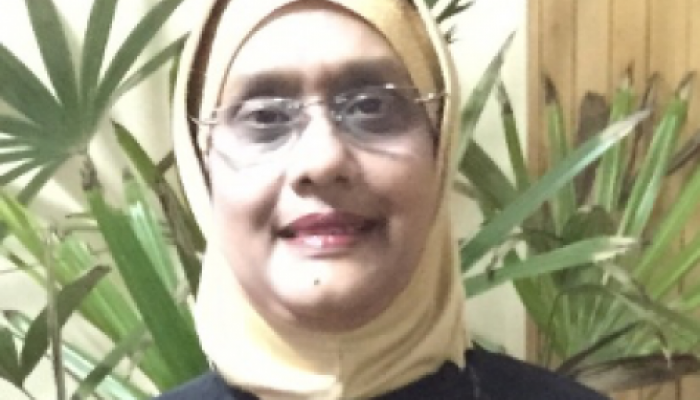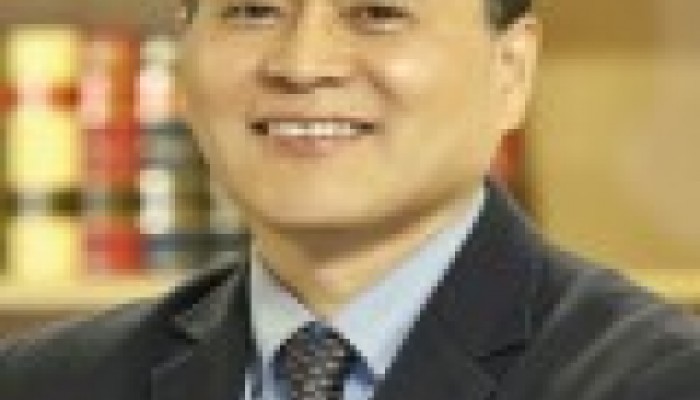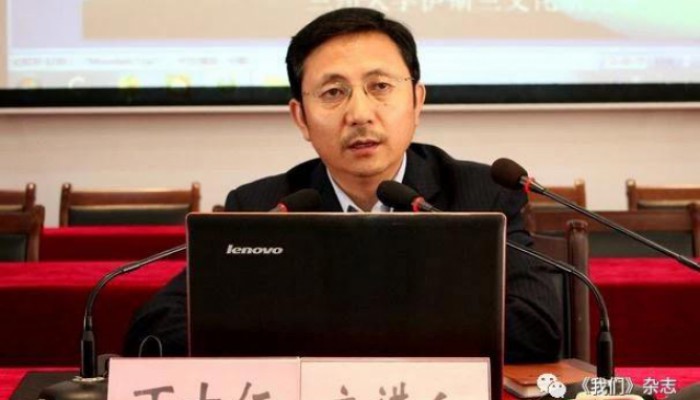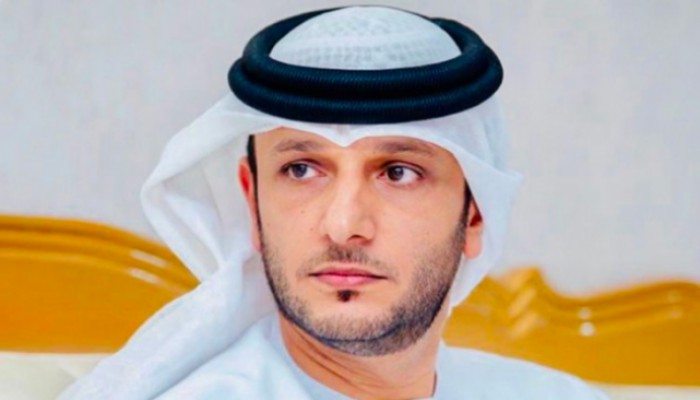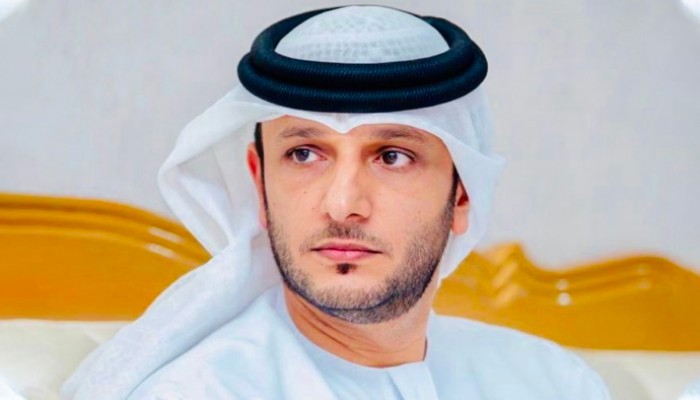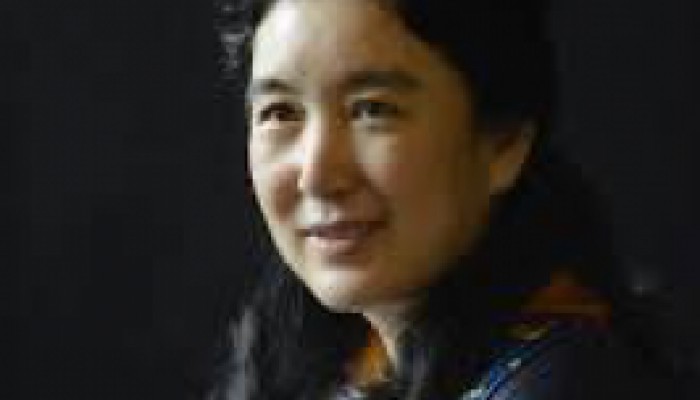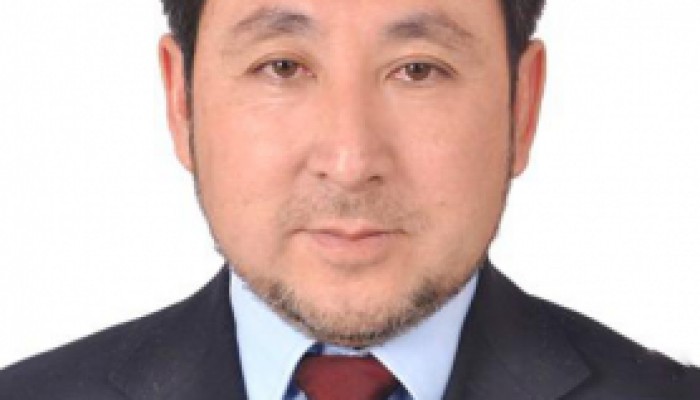
Sheikh Saleh Yang Jing Xiu and his translation to the meanings of the Glorious Quran
- 2019-Nov-03
Research Brief
It is no secret that the translation of religious books plays a great role in the dialogue of human civilizations and understanding among their people. Of the books of religions introduced to China was the late emergence of the translation book of the Quran. Some Chinese scholars translated some of the chapters (surahs) of the Quran into Chinese during the Ming Dynasty (1368-1644) and Qing Dynasty (1636-1912). The translation of the entire volume of the Quran into Chinese first appeared during the Chinese National Period (1912-1949), where several translations were introduced, including the translation of Sheikh Saleh Yang Jingxu (1870-1952) called the translation of the Quran into Chinese.
First: Biography of Saleh Yang Jing Xiu:
A. His family, pursuit of knowledge and work after completion of education
The Chinese name is Yang Jing Xiu, his surname is Yang Jong Ming, and his Islamic name is Saleh, from Hui people. Saleh Yang Jingxu was born in 1870 in Duan Ar Guang Village, Yanshan County, Hebei. His parents died when he was young and grew up under the custody of his grandfather and grandmother. Saleh's family life was very hard due to their difficult conditions. Saleh moved with his family to the village of Xin Jin, which is 40 kilometers away from Tianjin, where he lived and settled. The life of the family began to improve day after another, which significantly affected his study and scientific works.
B. Pursuit of knowledge
Muslims in China used to dispatch their children to mosques to learn essential religious sciences, therefore Saleh went to his country mosque to learn Arabic, Persian and sharia sciences since his early age. He was a smart child, did his best in studying and surpassed his classmates, and it was also said that he has been writing Arabic poetry at the age of 19.
Saleh received knowledge from several sheikhs, including Li Jing Guang (died 1889) and Hai Si Fu (1832 - 1920). They were experts in Chinese and fluent in
Arabic and Farsi, and Saleh was greatly influenced by them. He was studying Chinese and reading classical books while studying Arabic, Persian and sharia sciences. He was also reading books of other religions such as Buddhism, Confucianism, and Christianity, then he became acquainted with multi-religions, which is very rare among Muslim scholars’ community at that time and generally rare in the history of Islam in China.
C. His work after graduation
After graduation, Sheikh Saleh worked as an imam of some mosques in certain provinces of Hebei and Liaoning Provinces; he also traveled to Beijing, Shanghai, Nanjing and other major cities, where he delivered religious lectures and conducted religious debates with scholars.
At the same time, Sheikh Saleh was writing books, translating religious books into Chinese, educating Muslims and reforming education. I would not have exaggerated if I said that Sheikh Saleh dedicated his entire his life in awakening and educating Muslims.
D. His contributions to education and learning
Sheikh Saleh has been living in an age that witnessed great changes in the Chinese society. Tianjin, where Sheikh Saleh lived, was a pioneering city where open-minded people, who translated Western books into Chinese and published new newspapers bearing new ideas that greatly influenced Chinese intellectuals community, emerged.
When Sheikh Saleh witnessed the significant changes in the Chinese society and the stalemate in the status of Chinese Muslims, Sheikh Saleh was deeply saddened and made up his mind to reform the status of Islam in China, so that Muslims could cope up with the development of the Chinese society.
In 1908, Sheikh Saleh drafted a regulation of an educational association, in which he exhorted people to pay attention to religious education and cultural awareness. Of his wishes and objectives - as stated in the regulation - was to achieve the following: Establishment of schools in three stages: Primary, intermediate and university, establishment of newspapers to publish updated news, translation of books to educate people, writing sermons to spread the teachings of Islam, establishment of scientific centers where scientists conduct in-depth studies and establishment of factories to employ Muslims and earn financial income to pay schools and centers’ costs.
To that end, Sheikh Saleh established the Islamic Education Society. Despite its short period, the Society played a great role and made a significant impact in the Muslim community. The regulation of the Society has become the fundamental regulations of the future societies. "It is the first Islamic society in the history of China," said Sun Shung wu about the Society.
E. Writings of Sheikh Saleh
Sheikh Saleh did not only establish societies and schools, reform education and learning, but also he has been experienced in research and writing. He left nearly a dozen books, including Si Dian Yao Koh, Jung A Cho Khun and He Tie Yin Yi, and He Tie Joo Shi. He also translated the meanings of the Quran and Taftazani's explanation of Aqaid al-Nasafi in Chinese among other useful books.
Second: Translation of the Quran
A. General information on translation
The book consists of three small parts (130 X 184 mm), number of pages: 456, number of symbols: 120000, printed by the Islamic Foundation in Keene in 1947.
B. Translation Methodology
The translation is a creative work in which an individual aims to convey the meanings of one language to another to be understood by its people, and every translator follows his own approach. Sheikh Saleh explained his approach regarding translation in the following words:
1. It is sufficient for the translation of public books to be expressed in their own words, as long as the meaning expressed is true, but divine books must have the main concern out of respect to its nature and to show its wisdoms.
2. Chinese and Arabic words have their own characteristics and features, so it is important to be careful when selecting the word during translation, then leave it after completion for half a month to be considered, and no elaboration or abridgment should be applied to the meanings.
3. The meanings of the Quran have been transmitted orally from a Chinese generation to another. Despite the importance of this method in the continuation of Islam, it has negative aspects that should not be neglected, including limited scope where only a limited number of people benefit therefrom, errors may come across and would lead people to misunderstanding. we must look closely and verify the meanings by searching glossaries and dictionaries and referring to Tafsir works.
4. The language of translation must be a medium between depth and simplicity; it should not be in-depth so as not to be understood by ordinary people, nor so simple to be underestimated by specialists.
This is what the Sheikh said briefly.
C. Characteristics of Translation
It is noted from reading the translation of Sheikh Saleh that it has the following characteristics:
1. Classical in structure but prestigious in the meanings:
Modern Chinese began to spread in the days of Sheikh Saleh and replaced the classical Chinese, but Sheikh preferred classical to modern, making the translation looks classical, prestigious with unique characteristic distinct from other Chinese translations of the Quran.
2. Taking into account the style of the Quranic text with precision in the selection of words and the refinement of sentences:
There are two types of translation: inward and outward as known to all. Sheikh Saleh selected outward translation in the sense that the meaning of the word selected to be completely consistent with the apparent meaning of the Arabic word needs to be translated. The prepositions contained in the Quran (e.g ب، في، على), the Sheikh expressed their meanings with certain Chinese symbols not transit to others, in the two words على and في, for example, always have been translated as (زاي or G). Likewise when selecting words and refining sentences, he selected exactly what its meaning corresponds to the meaning of the Arabic word, and does not extend to other meanings. Sheikh Saleh also has taken into consideration the style of the Quran in the structure of words inside sentences as much as possible; this is clear to those who read the translation. For example, in the words of the Almighty “And none will remember except those of understanding.”, usually (ما) and (إلا) are a style for limitation and confinement in Arabic, the translation of (أولو الألباب) - the subject - shall be put before (يّذكّر) - the verb - but Sheikh translated: (وما يذكر) as a negative verb, and translated: إلا أولوا الألباب as limited and confined only to the people of understanding, taking into account the style of the Quran regarding word order.
3. Simplicity of expression and richness in meanings:
One of the characteristics of classical Chinese compared to modern Chinese is that one symbol of the classical Chinese is enough to express something, while the modern needs two symbols to express the same thing. For example, both the eye and the ear are expressed in modern Chinese with symbols (Yan Jing and R. Duh), and in classical with a single symbol (MOO, R), which makes the translation few in symbols without reduction in meanings. It is known that the number of symbols in the translation of the late Muhammad Ma Jian- the most famous translations of the Quran in Chinese to date - 220,000 symbols, while the number in the translation of Sheikh Saleh is only 120,000 symbols.
4. Transliteration of some of the Quranic words:
Sheikh has made a transliteration of some words, by transmitting the sound of the Arabic words in Chinese symbols, pronouncing a sound close to the pronunciation of the Arabic word, such as hell, Jews, etc. This is rare in other translations, which has become a prominent characteristic of this translation.
Third: Scholars’ praise and appreciate to Sheikh Saleh and his translation
“Sheikh Saleh Yang Jingxu has made a remarkable contribution to reforming education in mosques, calling for cultural awareness and other fields, therefore he was greatly appreciated by contemporary scholars and his successors.” His fellow Wang Jing Jae, one of top four scholars of the National Chinese Period, said when talking about the ancient and modern Arabic scholars in China: “Yang Jingxu in Tianjin is the first of today’s scholars.” He added: “No scholar like him has appeared in the last 100 years”. Said Jang Zi-won, another contemporary of Sheikh, in his condolences to his family when he died.
As for his translation, the late Lin Song made a serious study about it and described the author as an accurate in the choice of words and refinement of sentences, a fine chooser of words and magnificent. He also described his translation as a unique work delivers a high level reflected in the history of the translation of the Quran.
I say that human work - no matter how good it is - is not free of mistakes, and the same goes for the translation of Sheikh Saleh. It has been criticized by many, but in my view, it is a great and prestigious work. I liked the classical language of the author and accuracy in expressions, and has become one the most beloved Chinese books to me, despite its difficulty for some ordinary people.
Conclusion: Sheikh Saleh was a social reformer and a religious renovator, who made great contributions and services to the people of his religion and the community of his homeland. He is a man who deserves appreciation and the respect of his people, and his religious and reformist ideas are worthy of serious studies conducted by researchers in this field.
............
professor at Guangdong University of Foreign Studies, People's Republic of China.
